BLOG: Flowcharts and Racism
This morning I sat down at my desk and wrestled with a flowchart.
I’ll admit that I don’t like boxes and struggle to put things into them (very meta, I know) but more than a question of design, it was the content I was grappling with: how could we ensure our artists felt safe when they performed shows like Responding to Racism and Jumu’ah? How would we respond to racism ourselves, when it was directed at us during a performance?
These aren’t hypothetical questions.
At ActNow, we create socially conscious theatre and our performances are not often public facing – instead we take them into more closed spaces such as schools and workplaces. We use our plays to start a conversation with the communities we work with. Through this form of forum theatre, combined with workshops, we are able to talk about some of the most emotionally-charged issues in Australia today. These aren’t always easy conversations to have – on either side – and yet they’ve never been more important.
So, why do I need to plan how we will respond to a racist incident? Because speaking out in the moment isn’t always easy to do. It’s certainly not easy for me, though I’ve made a habit of it for many years now. I am a woman of colour and I often finding myself speaking up, stepping into that awkward moment of silence to challenge a statement or an act that is racist. I have done this since I was a young person, and I’ve done this enough to know that I have to reach for the right words, to reach for the courage, every single time.
Why do I make a point of it? Because I know what happens when I do not.
Those moments tend to haunt me. Have you had that experience? The sinking feeling, the looping through what you could have, should have done? If you have, you know two things: that you could have made a difference in that moment, and that you missed that opportunity.
That’s what the flowchart is for – it’s thinking ahead so you don’t get caught on the wrong foot, it’s knowing in advance that you will stand up for the values that matter to you, and it’s ensuring you’re an ally someone can count on in the moment when they need it most.
We make these choices as individuals, but we also make them as cultural institutions. It’s not news that tokenism is rife in this industry. In response, we challenge ourselves every day to do the work, to walk the talk.
At ActNow Theatre, we start by centring and empowering the communities we serve including First Nations, Culturally and Linguistically Diverse (CALD) and LGBTIQA+ communities. I am committed to being a good ally not just to these broader communities but to individuals within them – and that means we don’t design a programme and then expect our artists to contort their vision and their work to fit a pre-constructed mould. Instead, we start by talking to those who make the work: What do they really want to say? How do they want to say it? What process would best suit their needs? What nuance is going unrecognized? What detail have we overlooked?
Such extended and extensive community consultations involve many hours of discussion. They are the first thing we do when designing a new project or outlining a programme. It’s how we created Jumu’ah, and why we designed our First Nations Residency project. It’s embedded into the design of our new Makespace Residencies for emerging South Australian artists. And we do this at every stage – including after we’ve completed a script and before we start touring. We know our approach works because we put it to the test in many rounds of trials, we actively seek out feedback and constructive criticism, and our work benefits from that.
I will be the first to admit we can be more inclusive than we are, and that we have a great deal to learn. This is not about having the answers, but asking the questions, and really listening to what is said in response. It is about putting in the thought, creating the systems and addressing the racism that permeates our culture, our institutions and our society in thoughtful, pragmatic, active ways.
And sometimes, it is about sitting down and making a flowchart.
Yasmin Gurreeboo is the Co-CEO and Artistic Director of the ActNow Theatre Company

